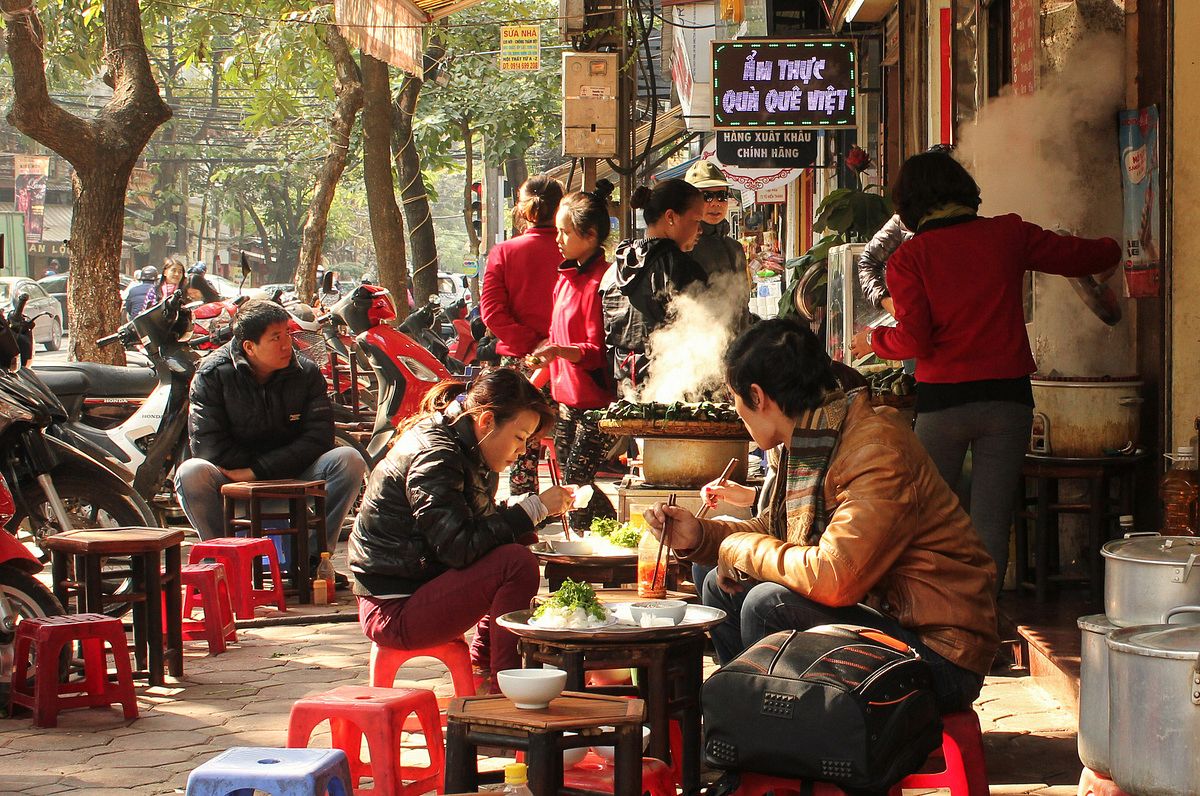The move is part of a major effort to improve air quality and living conditions in the capital.
According to Dan Tri, the municipal Department of Natural Resources and Environment found that Hanoi is home to roughly 55,000 honeycomb coal stoves which burn up to 530 tons of coal every day. This releases huge amounts of carbon dioxide into the air — as much as 1,870 tons — and worsens Hanoi's already bad air quality.
As part of their attempt to do away with these stoves, the natural resources department is working to pilot the use of environmentally-friendly honeycomb coal stoves, though details on what makes these stoves better for the environment haven't been provided. The news source adds that people will be able to borrow such stoves to test them out, while discounted prices will be made available as well.
Some residents are reluctant to make the switch, as charcoal is cheap and honeycomb briquettes are easy to find. Nguyen Thi Hung, a bún chả vendor, shared her concerns with Dan Tri: "If I use electric stoves, I have to worry about wires. Meanwhile, it is quite heavy to bring a gas stove to my stall, and this is also expensive." Hung also shared, however, that she suffers from frequent respiratory ailments due to her coal stove.
Vietnam News reports that the Hanoi People's Committee has set December 31 of this year as a deadline for officials in each district to inform residents that the city will ban honeycomb briquettes starting in 2021. From January 1 of that year, any residence or commercial business caught using such briquettes will be fined an unspecified amount.
Air quality has become a particularly important topic in recent weeks, as in October the air quality monitoring app AirVisual ranked Hanoi as the most polluted city among a list of nearly one hundred major global metropolises.














